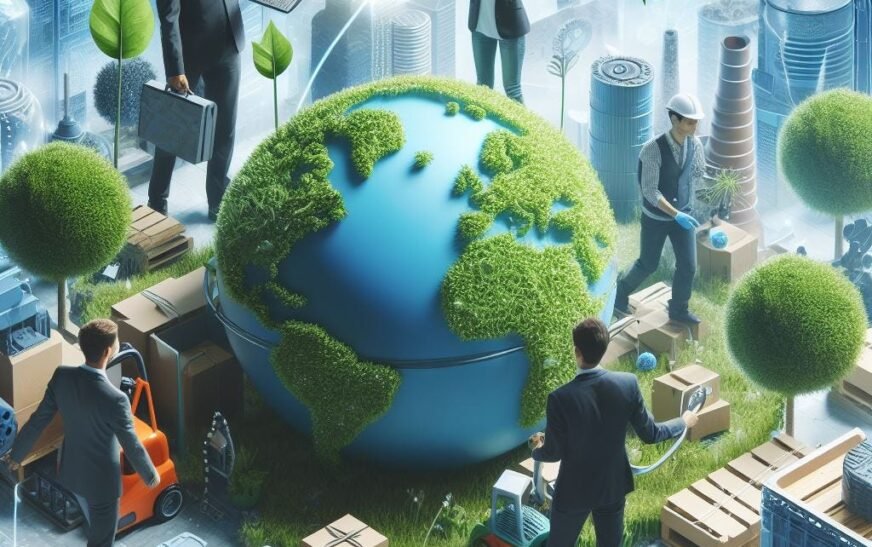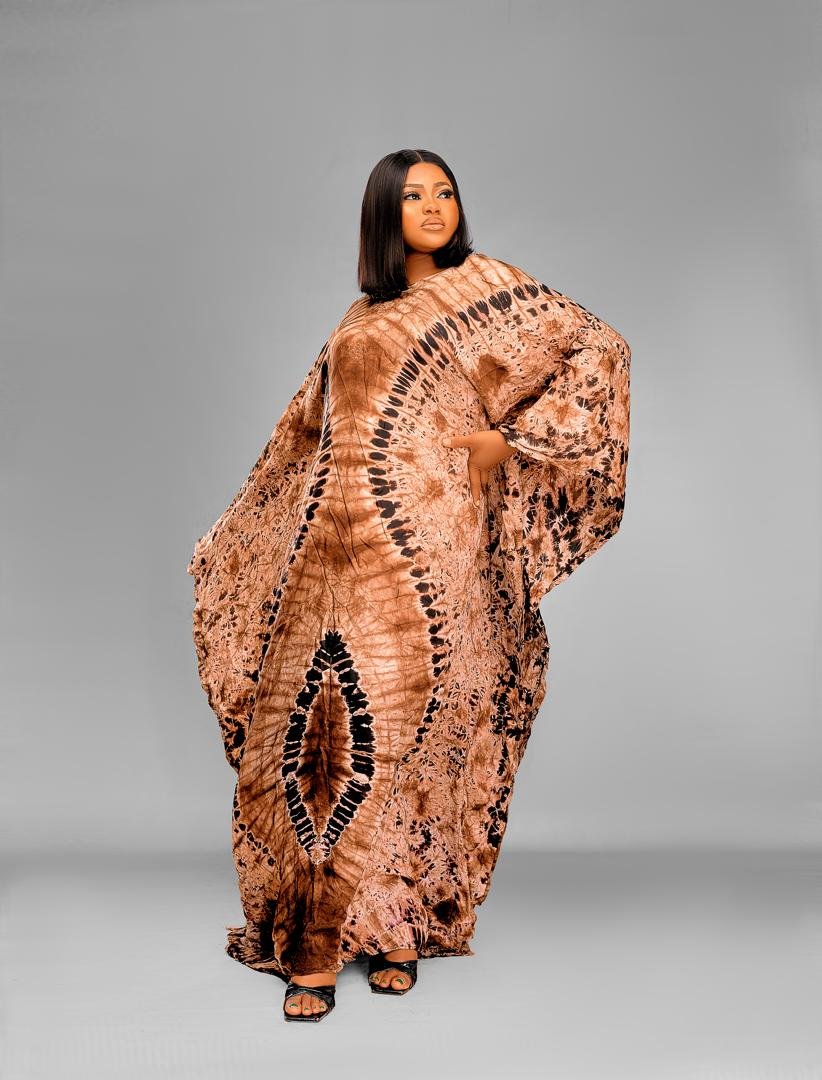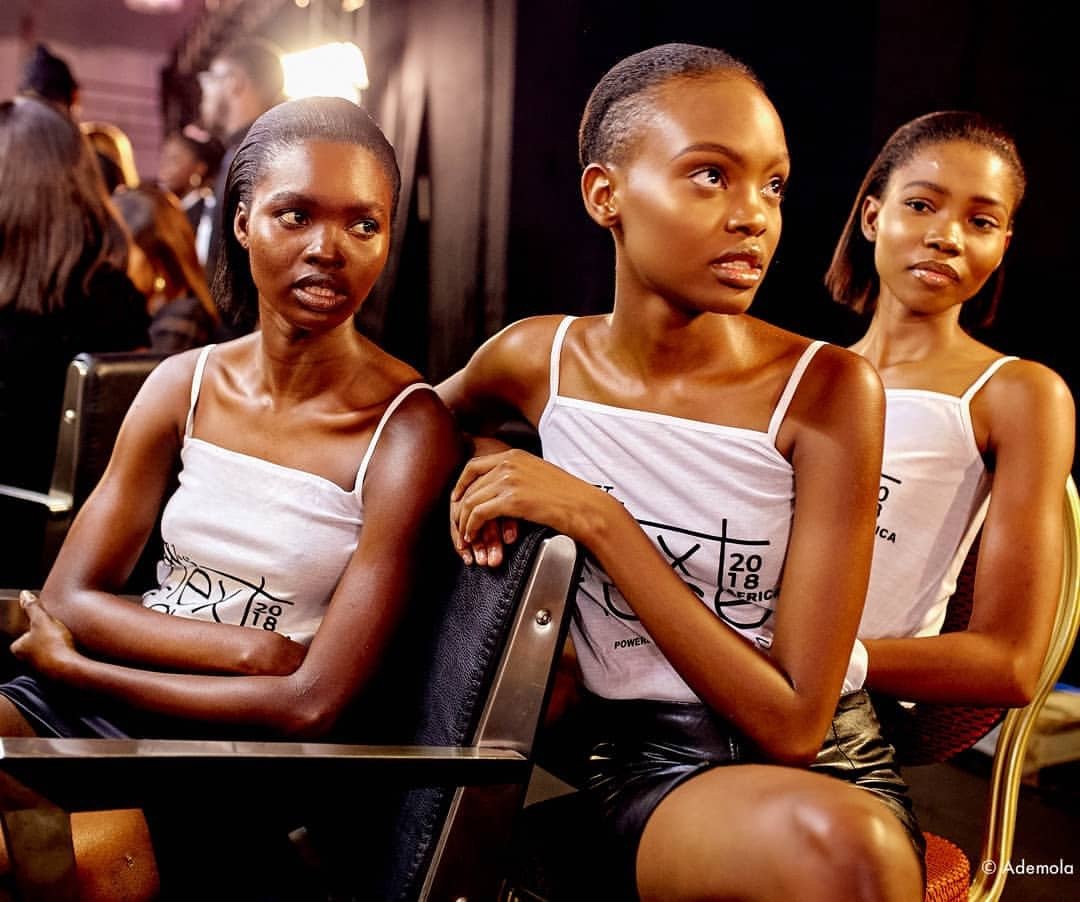By Grace Ifunanya Ariwodo
In 2024, sustainability is no longer just a buzzword it’s a central focus of the fashion industry. As consumers become more eco-conscious, major brands are stepping up their efforts to reduce environmental impact.
This year has seen significant advancements in sustainable practices, from innovative materials to more transparent supply chains. Here’s how some of the biggest names in fashion are leading the charge towards a greener future.
- Innovative Materials
One of the most exciting developments in sustainable fashion this year is the introduction of new, eco-friendly materials. Brands like Adidas and Nike are investing in plant-based and recycled materials, such as mushroom leather and ocean plastics, to create their latest collections. Adidas’ Futurecraft.Footprint shoes, for example, are made with 60% less carbon emissions than traditional sneakers, demonstrating the brand’s commitment to reducing its environmental footprint.
Meanwhile, H&M has launched a collection using fabrics made from food waste, such as orange peels and grape skins. These innovative materials not only reduce waste but also offer a sustainable alternative to conventional textiles like cotton and polyester.
READ ALSO: Top Honors for Zulaihat, Huriyya, and Nafisa at Humanitarian Awards Event in Abuja
- Circular Fashion
The concept of circular fashion—where products are designed to be reused, recycled, or biodegraded—has gained significant traction in 2024. Zara has expanded its “Join Life” collection, which focuses on using organic and recycled materials, as well as offering garment collection points in stores to encourage recycling. The brand is also experimenting with rental services, allowing customers to rent high-quality pieces instead of buying new items, thereby reducing consumption.
Levi’s continues to lead with its “Buy Better, Wear Longer” campaign, promoting durable denim products designed to last. The brand has also expanded its SecondHand program, encouraging customers to trade in old jeans for store credit, which are then resold or recycled.
- Transparent Supply Chains
Transparency in the supply chain has become a crucial aspect of sustainability, and brands are responding by providing more information about where and how their products are made. *Patagonia, a long-time leader in ethical fashion, continues to set the standard with its *Footprint Chronicles, an online tool that allows customers to track the journey of their products from raw material to finished item.
Similarly, Stella McCartney has committed to complete transparency in its supply chain, using blockchain technology to give customers detailed insights into the origins of their clothing. This move not only builds trust but also encourages more responsible consumption by highlighting the environmental and social impacts of production.
- Sustainable Packaging
As part of their green initiatives, brands are also rethinking packaging. Gucci has made a significant push towards sustainable packaging by eliminating single-use plastics and using 100% recyclable materials for their product boxes and bags. Lush, known for its zero-waste packaging, has continued to innovate with “naked” products—solid versions of their most popular items that require no packaging at all. - Social Responsibility
Sustainability extends beyond environmental impact to include social responsibility. Brands like Everlane and Reformation are prioritising fair labour practices, ensuring that workers involved in their supply chains are treated ethically and paid fairly. These companies are also committed to reducing their carbon footprints by using renewable energy in their production processes and supporting carbon offset programs.










